Study results of NanoViricides anti-dengue drug candidates presented at NIH/NIAID sponsored conference
NanoViricides, Inc. (OTC BB: NNVC.OB) (the “Company”) announced today that Anil R. Diwan, PhD, President of the Company, gave a presentation on Friday, February 18th, that discussed the Company’s anti-viral technology and more specifically, results from both in-vitro (cell culture) and in-vivo studies of its drug candidates against dengue virus infections that can potentially cause a fatal manifestation, viz. dengue hemorrhagic fever (DHF).
The presentation was given at the NIH/NIAID/CDC sponsored conference entitled “A Re-Emerging Challenge, New Opportunities for Dengue Research Collaboration,” held in San Juan, Puerto Rico.
Dr. Diwan reported that the NanoViricides anti-dengue hemorrhagic fever drug candidates demonstrated significant protection in the initial animal survival studies of dengue virus infection.
“Treatment with one of the anti-dengue nanoviricides® led to survival of 50% of the animals for the duration of the study in the ‘Antibody-Dependent Enhancement (ADE)’ model of dengue virus infection. Moreover, 33% of the treated animals in this group recovered fully,” he said.
“In addition, we believe that the dengue virus infection was very well controlled in these treated animals. This is evidenced by the significant decrease in the level of the cytokine TNF-alpha in this nanoviricide-treated group, compared to control groups,” he further added.
Further, animals treated with several anti-dengue nanoviricides survived longer than the control animals treated with vehicle alone.
The Company believes that its nanoviricides may be one of the first few, if not the very first, safe and effective drug candidates that have provided a significant level of survival and protection of animals in this dengue ADE animal model.
This ADE model of infection is uniformly fatal in 100% of the infected animals within 5 days after infection. The ADE model emulates the dangerous situation of a second dengue virus infection by a different serotype of virus after the patient has already had a first dengue virus infection and has antibodies to that first infecting dengue serotype. This situation is believed to lead to DHF/DSS.
In ADE, the very high levels of dengue virus in the body lead to a highly dysregulated immune response. This further leads to high levels of TNF-alpha and other inflammatory cytokines. These inflammatory cytokines subsequently play a role in the vascular leakage that is characteristic of severe dengue. In extreme cases, the vascular leakage can lead to potentially fatal hemorrhagic condition. Achieving control over the dengue virus level is generally expected to lead to control over the cytokine levels as well. Demonstration of control of cytokine levels is considered important in that it is generally believed that the cytokine level control will also lead to a controlled dengue disease that does not proceed to its severe states such as DHF.
The studies were performed in the laboratory of Dr. Eva Harris, Professor of Infectious Diseases at the University of California, Berkeley (UC Berkeley). Dr. Harris is a leading researcher in the field of dengue viruses. Her group has developed a unique animal model for the most severe and potentially fatal form of dengue virus infection in humans, Dengue Hemorrhagic Fever/Dengue Shock Syndrome (DHF/DSS). This ADE model emulates the “Antibody-Dependent Enhancement (ADE)” of dengue virus infection in humans that is believed to lead to DHF.
The objective of the conference was to “provide a forum for the exchange of current information regarding dengue research, to help identify research gaps and priorities and to promote and stimulate new or enhanced research collaboration in the Americas”. The topics addressed covered a broad spectrum of research areas related to dengue, including epidemiology, virology, vector biology, pathogenesis, immunology, and the development of diagnostics, drugs and vaccines.
“The first screen has already shown that we are on the right path,” said Anil R. Diwan, PhD, President of the Company, adding, “We believe we have at least one potential drug candidate against dengue now.”
Dr. Diwan and Dr. Seymour, CEO of the Company, also met with Dr. Harris and other potential collaborators to chart out the drug development plan for the Company’s anti-dengue nanoviricide.
Dengue is receiving significant international attention as it threatens over 40% of the world population, according to the WHO. Dengue cases with significant fatality rates have started rising in tropical countries this year already, as demonstrated by reports from India, Sri Lanka, Indonesia, Philippines, Cambodia, and Colombia, among others. Dengue is endemic in Asia, Mexico, the Caribbean, Central America and many countries in South America. Dengue virus infections have occurred in the southern US states, including a current outbreak in Key West, and travel leads to sporadic cases of dengue in the USA.
Currently, there are no approved vaccines nor drugs available to treat either dengue fever or its potentially fatal complication, dengue hemorrhagic fever. Various FDA incentives such as orphan status, fast-track, accelerated approval, as well as a potential priority review voucher (PRV) may be available at the discretion of the FDA for anti-dengue drug developers. The priority review voucher program was recently established by the FDA in an effort to encourage pharmaceutical companies to develop drugs for tropical diseases that exist mostly outside of the United States. A priority review voucher, received upon approval of a drug on a FDA list, can be used to advance another drug through the system or it can be transferred to another pharma company, with compensation, for the same purpose. It has been reported that a priority review voucher may be valued at as much as $300M.
Source: NanoViricides, Inc.

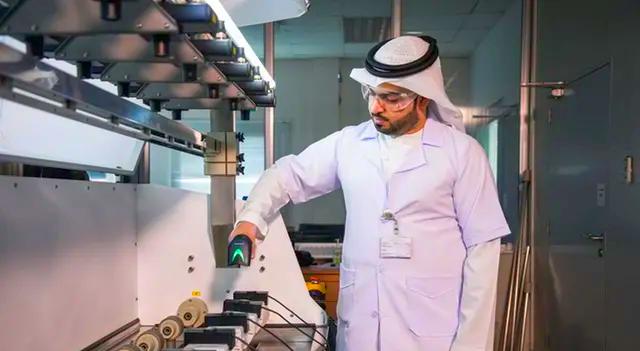
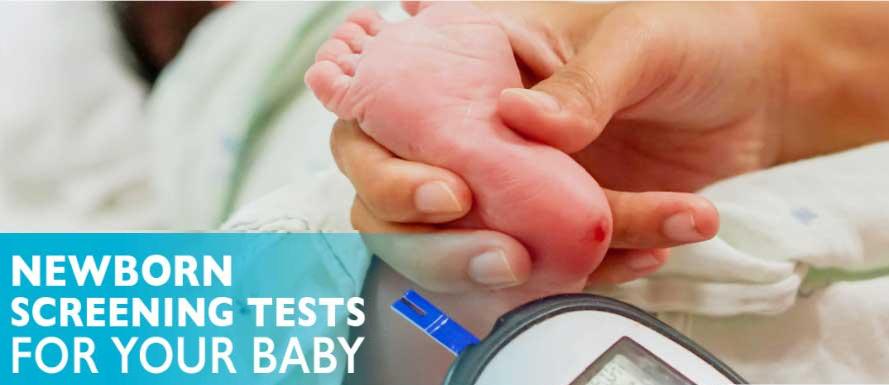

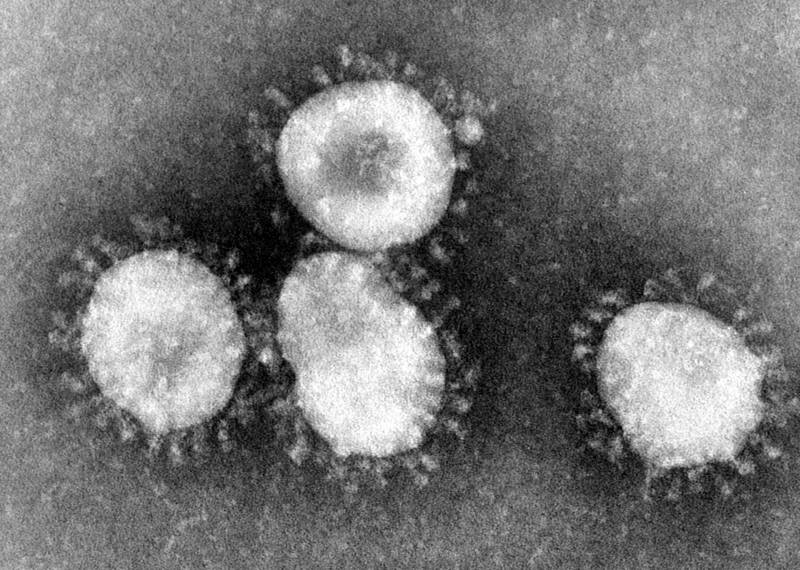

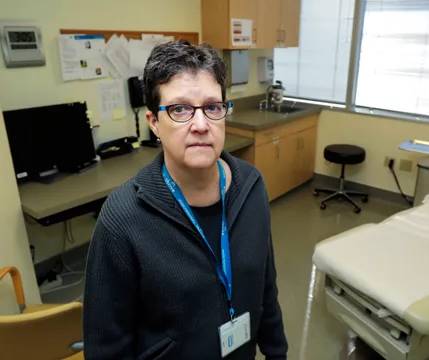

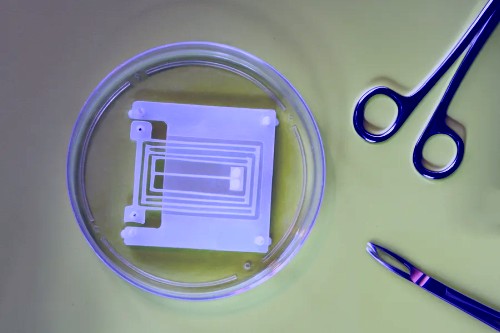
Post Comment
You must be logged in to post a comment.